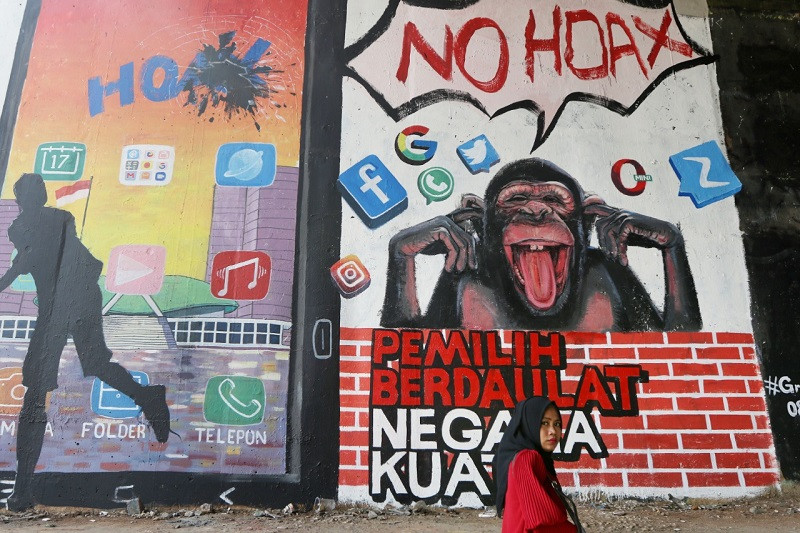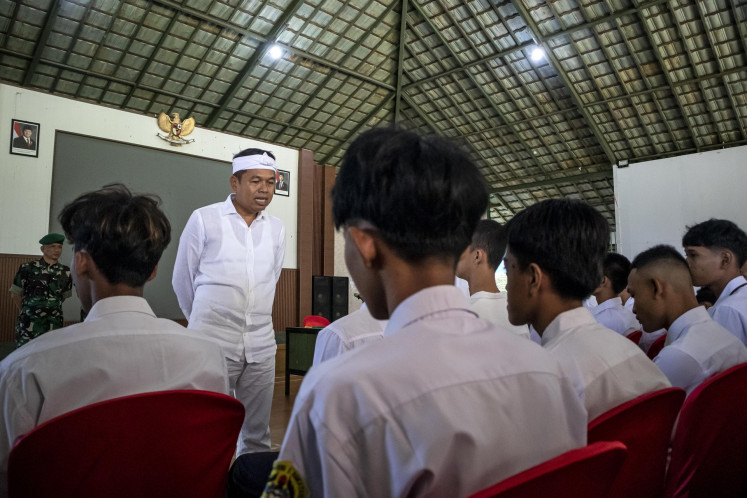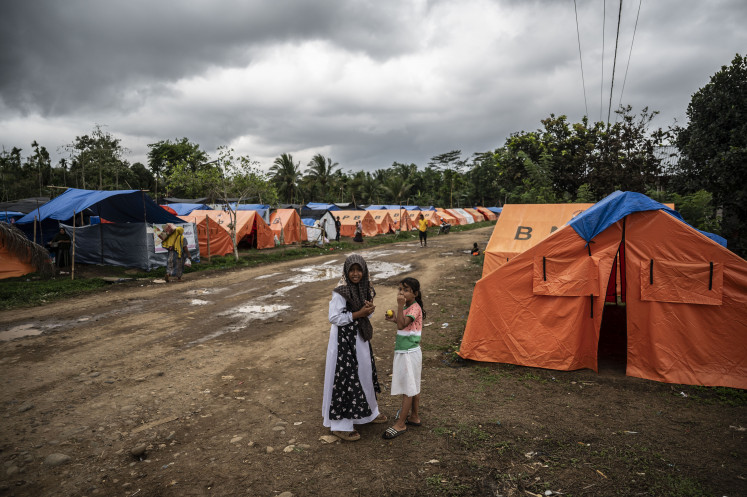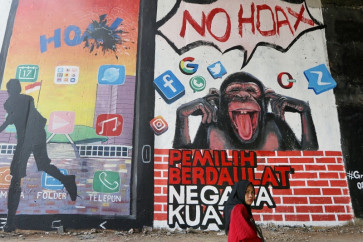Popular Reads
Top Results
Can't find what you're looking for?
View all search resultsPopular Reads
Top Results
Can't find what you're looking for?
View all search resultsAI-fueled disinformation in Southeast Asia shows need for fact-checking, literacy
As technology gets more sophisticated with the rise of artificial intelligence (AI), Southeast Asian nations need to improve their fact-checking abilities and literacy to combat disinformation, a study found.
Change text size
Gift Premium Articles
to Anyone
As technology gets more sophisticated with the rise of artificial intelligence (AI), Southeast Asian nations need to improve their fact-checking abilities and literacy to combat disinformation, a study has found.
In commemoration of International Fact-Checking Day on Apr. 2, the study from Safer Internet Lab, an initiative by the Centre for Strategic and International Studies (CSIS) and Google, found the rise of disinformation in Southeast Asia runs parallel with ever-developing technology, including AI.
The report, titled Regional and Cross-Border Responses Towards Disinformation in Southeast Asia, presented various examples of “coordinated disinformation campaigns” that have taken place in Indonesia and its neighboring countries in recent years.
Social media plays a big part in the spread of fake news across Southeast Asia, according to the report. It was apparent during elections in the region as platforms like Facebook, X and TikTok became significant instruments in political campaigns in these countries.
The problem was exacerbated by AI, as the report found that free online tools for basic AI to create computer-generated videos that resemble a person’s likeness, or deepfakes, have become increasingly common.
AI caused a commotion in Indonesia’s 2024 election season when a hyper-realistic video of President Joko “Jokowi” Widodo speaking fluently in Mandarin went viral in late 2023 before it was debunked as an AI edit.



















